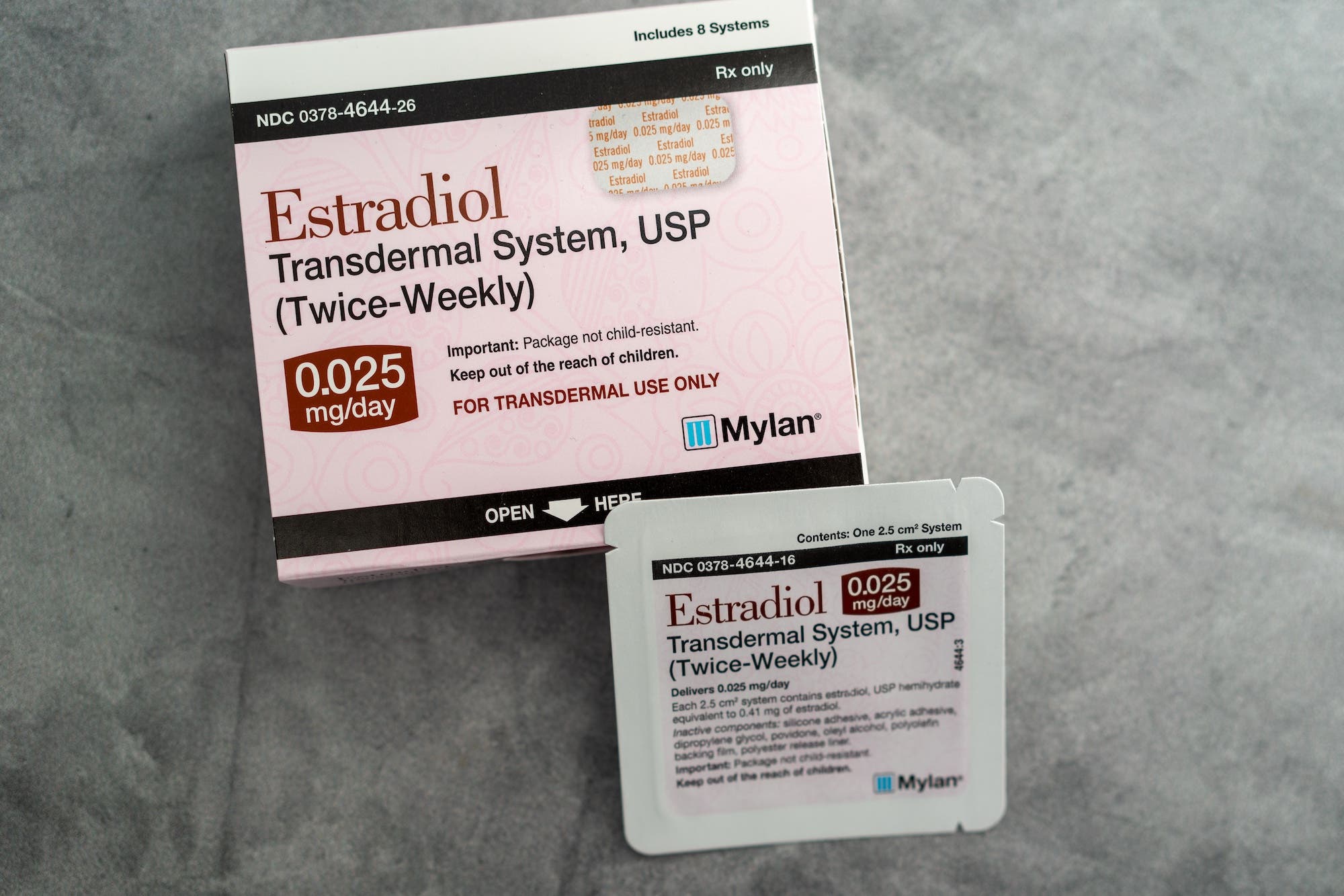No one believes that breathing pollutants is beneficial to your health. It’s no surprise, then, to discover that inhaling vehicle exhaust fumes can have negative impacts on sperm quality.
But taking antihistamines, which are supposed to help us breathe better? Or consuming soft drinks, which seem harmless enough in moderation?
Unfortunately, there are a number of risks to your fertility that you may not be aware of. First, a look at the obvious “bad”: According to a recent study published in the journal Occupational and Environmental Medicine, air pollution could alter the shape and size of sperm to the point of causing infertility in men.
The research team conducted a cross-sectional study of nearly 6,500 male subjects ranging in age from 15 to 49 who were involved in a basic medical exam program in Taiwan between 2001 and 2014. The presence of a small particulate 30 times tinier than the width of the average human hair was estimated as the kind of air pollution inhaled by the men over a period of three months and for an average of a couple of years. That particulate, known as PM2.5, is known to cause cancer in humans. And, because of its minuscule size, it’s also easy to inhale very deeply into the lungs.
Study results indicated that men who inhaled more PM2.5 air pollution – the kind that comes from cars, power plants, and even fires that result in atmospheric chemical reactions – were likelier to have smaller and more abnormally shaped sperm.
The authors concluded, “We advocate global strategies on mitigation of air pollution to improve reproductive health.”
Unfortunately as far as sperm quality is concerned, the breathing doesn’t get any easier when it comes to the use of antihistamines.
A review published in the journal Reproduction determined that several studies showed negative effects of antihistamines on healthy testicular function.
The substances, which are commonly found in prescription and over-the-counter medications that treat symptoms of allergies as well as reactions to bee stings and bug bites, contributed to a reduction in the motility, commonly known as swimming ability, of sperm. Antihistamine use also resulted in lower sperm counts.
Commenting on the findings to the Guardian newspaper of London, Darren Griffin, professor of genetics at the University of Kent, noted that all medications than help can potentially hurt – a situation which, he said, “warrant[s] further investigation.”
He wryly added, “In any event, however, persistent sneezing is not a particularly good reproductive strategy either, so perhaps taking the antihistamines when necessary is the lesser of two evils.”
But even if taking allergy medications is a better choice than trying to conceive in-between sneezes, what sort of double bind could downing soft drinks present to fertility?
A particularly universal one, says a new study from the journal Epidemiology.
Research from the Boston University School of Public Health indicates that consuming just one soft drink per day can result in a reduction of fertility – for both men and women.
Nearly 4,000 women aged 21 through 45 and just over 1,000 of their male partners, all residents of Canada or the United States, were surveyed. After evaluating data that included the participants’ lifestyle choices, diet, and medical history, the researchers concluded that drinking soda contributed to a 20 percent drop in the average monthly probability of conception for both women and men.
More specifically, men who drank one soda or more every day experienced a 33 percent reduction in the probability of successfully conceiving with their partners; women who did the same showed a 25 percent drop.
Lead study author and professor of epidemiology Elizabeth Hatch was quoted by Medical News Today as saying that couples trying to conceive should think about cutting back on their consumption of sugary soft drinks, “especially because they are also related to other adverse health effects.”
For men thinking about their future, Legacy’s products will help you test your sperm, and freeze your sperm to protect your future self.



